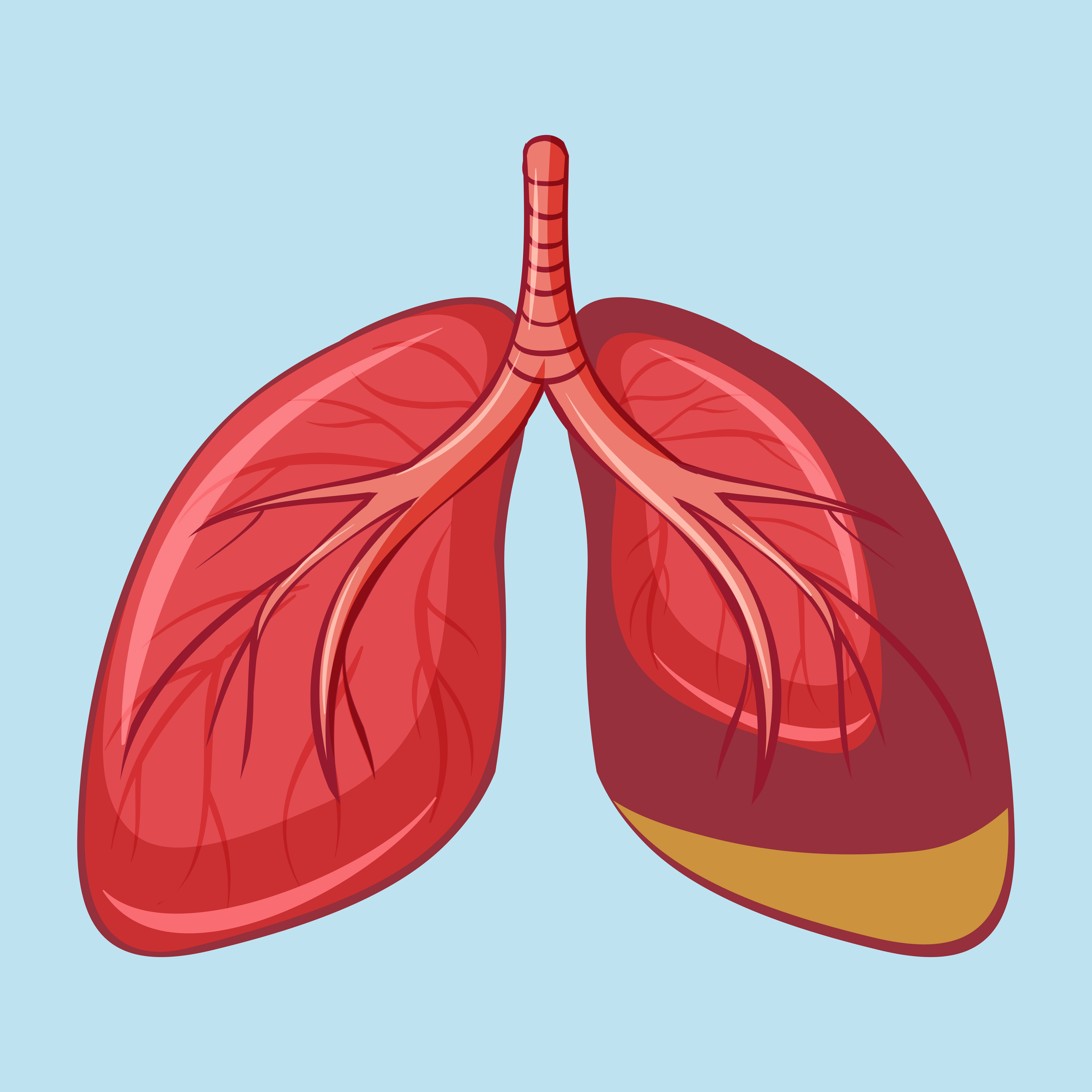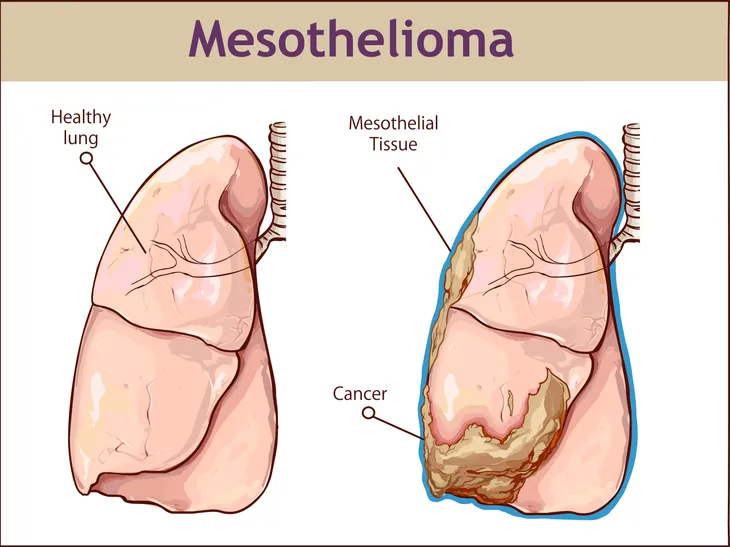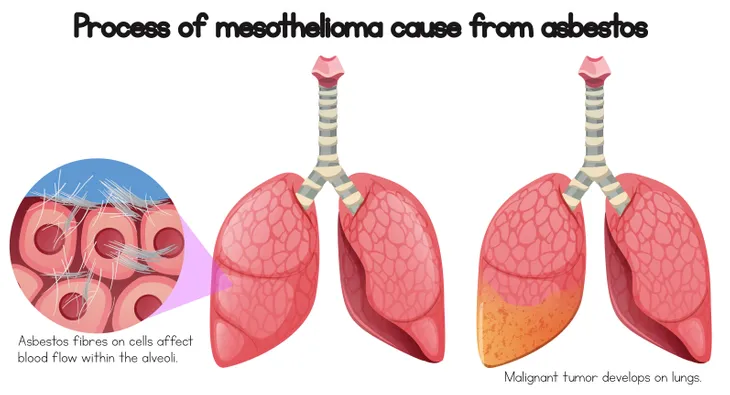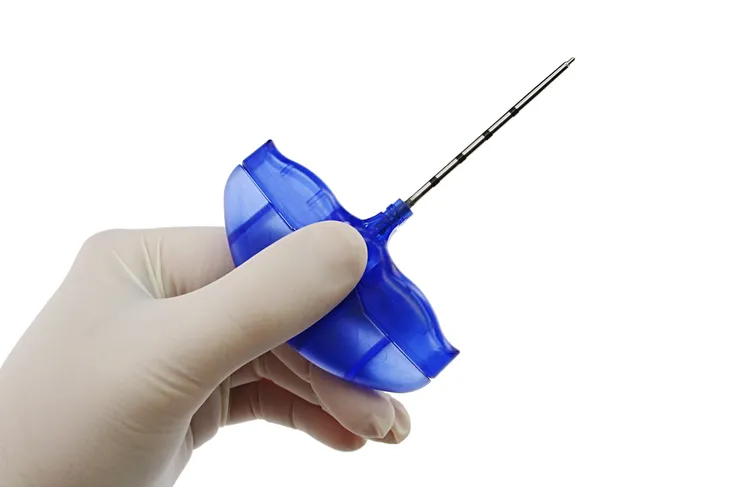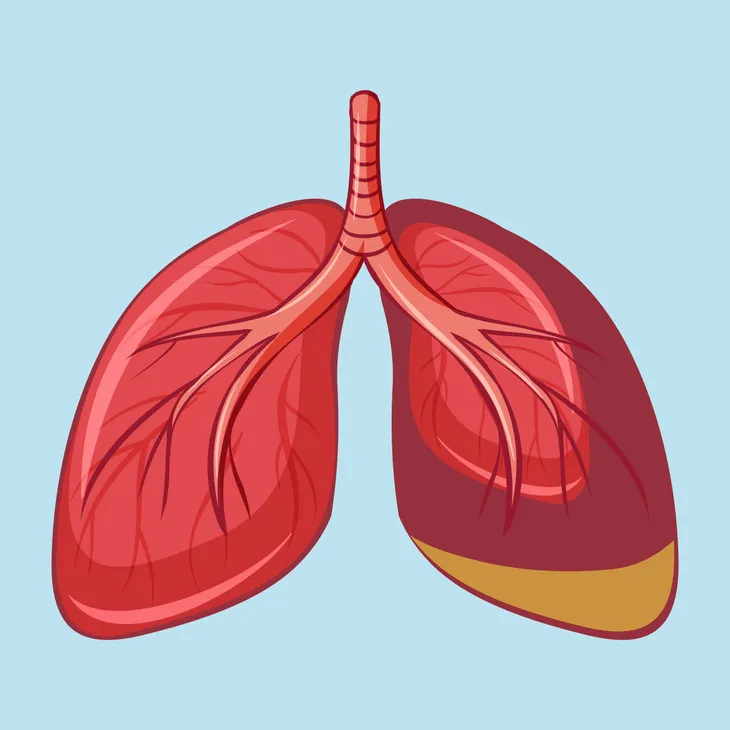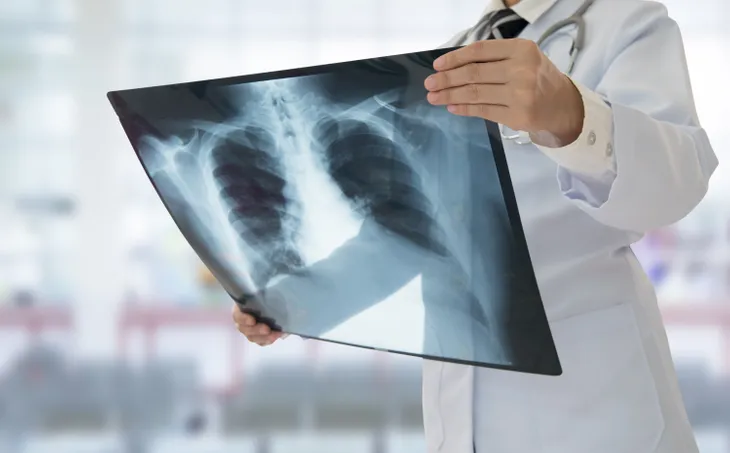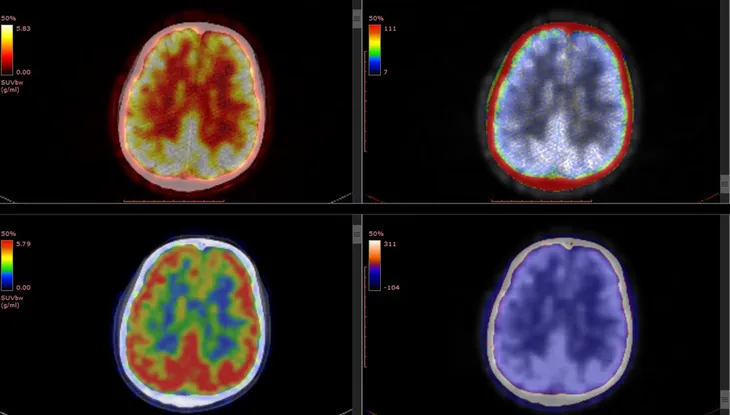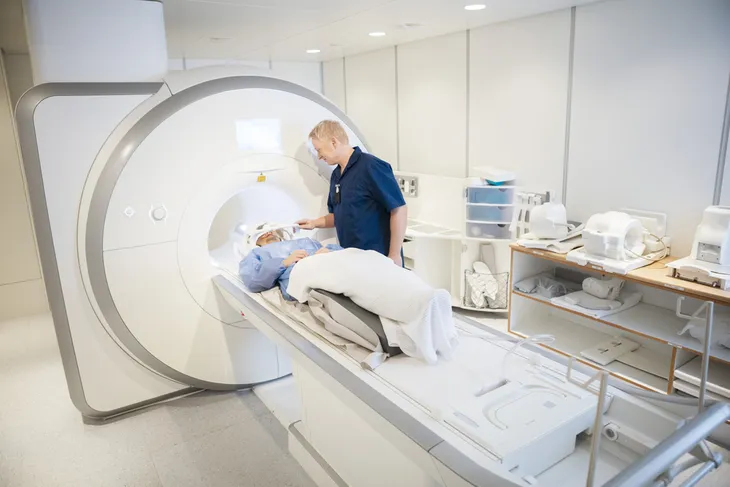Mesothelioma affects tens of thousands of people every year. Like most cancers, there is no known cure, but there are plenty of treatment options available to keep it at bay. Cancer is a scary thought, no matter what type it is, it’s always better to be informed if you or a loved one is diagnosed with mesothelioma.
This article will give you a thorough summary of what mesothelioma is, what causes it, the most common symptoms, and the various treatment options that are available.
What is Mesothelioma?
Mesothelioma is a type of cancer that mostly affects the thin layer of tissue that surrounds the lungs. Less often this cancer occurs in other internal organs that are surrounded by a thin layer of tissue, for example, in the abdomen or the sac surrounding the heart. This layer is called the mesothelium.
What Causes Mesothelioma?
The primary cause of mesothelioma is exposure to asbestos, a substance formerly used in buildings for sound proofing, fire resistance, and insulation before we discovered how dangerous it was. Despite the risks, asbestos is still mined and widely used in many countries, especially developing ones. Even family members of those exposed to asbestos are at risk, as dust and fibers can come home on clothing or hair. The disease develops as fibers are inhaled into the lungs.
Exposure to talc (e.g., those who work in talc mines or mills or live near them) can also increase the risk of mesothelioma. Likewise, exposure to erionite (a zeolite mineral with similar properties to asbestos) can also increase the risk. Erionite is used in road surfacing in the United States, and even in home building materials in some European countries.
Some people who contract mesothelioma have no known exposure to asbestos at all, and a 2012 study found that people with a certain mutation in their BAP1 gene are at higher risk.
In very rare cases, mesothelioma has been linked to irradiation of the chest or abdomen. Also, animal studies have shown that simian virus 40 might aid in the development of mesothelioma, although human studies have proven to be more inconclusive.
Types and Symptoms
Mesothelioma often doesn’t appear until 20 to 50 years after exposure to asbestos, which results in most patients not being diagnosed until they are already in their late 40s, 50s, 60s, or 70s. There are a few different types of mesothelioma, each with slightly different symptoms.
Pleural Mesothelioma
The most common symptoms are shortness of breath, coughing, and chest pain due to fluid accumulating in the pleural space. Other likely symptoms are fatigue/anemia, wheezing or hoarseness, and coughing up mucus or blood.
Peritoneal Mesothelioma
Peritoneal mesothelioma causes abdominal swelling and pain, which is due to a buildup of fluid in the abdominal cavity. Other symptoms include weight loss, fever, night sweats, loss of appetite, vomiting, constipation, and hernias. The cancer can spread to other parts of the body, which can result in additional symptoms such as trouble swallowing or swelling of the neck and face. If a tumor forms and grows undetected, it can lead to severe abdominal pain, ascites, abdominal masses, problems with bowel function, and weight loss.
Pericardial Mesothelioma
Although not as common or as well characterized as the other types of mesothelioma, this version can directly impact the heart and its surrounding areas. Symptoms in these cases are serious, including constrictive pericarditis, heart failure, pulmonary embolism, and cardiac tamponade. Chest pain, shortness of breath, and heavy coughing are once again common symptoms. In this type of mesothelioma, the symptoms are generally caused by a tumor encasing the heart.
End-Stage Mesothelioma
In very severe stages of the disease, symptoms may include blood clots, severe organ bleeding, jaundice, low blood sugar, pleural effusion, pulmonary embolism, and severe ascites. The cancer most commonly spreads to the liver, adrenal glands, kidneys, or the other lung (after initially developing in one side only).
How to Test for Mesothelioma?
There are a wide variety of tests for mesothelioma, simple blood tests to imaging tests to surgical biopsies.
A standard blood test will look at the levels of three specific substances: fibulib-3, osteopontin, and soluble mesothelin-related peptides (SMRPs). If these levels are elevated, it can often be a signal of mesothelioma. However, a blood test alone isn’t enough to diagnose mesothelioma.
If you are experiencing a build-up of fluid in the lungs, chest, or abdomen, a doctor can remove a sample of that fluid with a needle and examine it for cancer cells. This test goes by different names, depending on where the fluid is. Thoracentesis is for the chest cavity, paracentesis is for the abdomen, and pericardiocentesis is for the membrane surrounding the heart.
Biopsies
If the fluid tests are inconclusive, your doctor will likely move onto tissue tests, which are acquired through biopsies. Several different types of biopsies…
Needle Biopsy
Your doctor will insert a long, hollow needle into the skin, which will remove a tiny piece of the tumor or tissue. They may also use imaging equipment to help guide the needle. The tissue will be tested, and a diagnosis might follow. In some cases, the piece of tissue is too small and more invasive procedures are required.
Thoracoscopy, Laparoscopy, or Mediastinoscopy
These three procedures are essentially the same thing but performed in different areas of the body. A small incision is made, and the doctor inserts a thin, lighted scope to see the potentially affected area(s). Small surgical tools can then be inserted through additional incisions to remove pieces of tissue for further examination. A thoracoscopy occurs in the lungs, a laparoscopy occurs in the abdomen, and a mediastinoscopy occurs in the chest, around the heart.
Surgical Biopsy
If your doctor requires a larger tissue sample than a scope can produce, a full-on surgical biopsy might be the next step. These involve cutting open the chest cavity (thoracotomy) or abdomen (laparotomy) to remove a larger section of the tumor (or the whole thing).
Bronchoscopic Biopsy
This type of biopsy is less invasive, but only works to examine the airways. A long, thin, flexible tube is inserted into the airways to examine them for tumors. If the doctor believes they have found a tumor, a small sample of it can be removed through the tube.
Imaging Tests
Imaging tests are non-invasive ways for a doctor to look inside your body. There are multiple types of imaging tests that may confirm (or help confirm) a diagnosis of mesothelioma:
Chest X-Ray
A chest X-ray might show irregular thickening of the lining of the lung, calcium deposits in the lungs, or fluid build-up in the space between the lungs and chest wall. All of these are indicators of mesothelioma.
CT Scan
A computed tomography (CT) scan uses multiple X-rays and computer software to produce a more detailed image of the inside of the body. A CT scan is a common procedure when trying to identify cancer and can help determine the exact location of the disease and whether it has spread to other areas of the body.
PET
A positron emission tomography (PET) scan is performed by injecting a special radioactive atom into the body and then taking pictures. Cancer cells typically absorb much of the radioactive compound, and these cancerous cells or growths appear much brighter on imaging.
MRI Scan
A magnetic resonance imaging (MRI) scan uses radio waves and powerful magnets to produce detailed images of the body. You may be familiar with the term if you are a sports fan, as many athletes go for MRIs to determine the severity of a muscle or ligament injury. They provide a more complete image of soft tissues in the body and can help a doctor determine whether a tumor exists, where it exists, and how large it is. An MRI scan is especially useful if mesothelioma is suspected in the diaphragm.
Mesothelioma Prognosis
Your specific prognosis depends on a number of factors, including: the stage of the cancer, the size of the tumor, whether the cancer has spread to other parts of the body, whether the mesothelioma can be operated on (removed), the amount of fluid in your chest or abdomen, your age, your overall general health, the type of mesothelioma cells in your body, and whether it’s an initial mesothelioma diagnosis or a previous cancer that was treated and recurred.
Unfortunately, since mesothelioma often isn’t diagnosed until the later stages of a person’s life, the prognosis usually isn’t very optimistic. Only about 7.5-percent of those diagnosed with mesothelioma survive for 5 years, and they typically only live between 12 and 24 months. This is a combination of the cancer and other typical health problems associated with old age.
Treatments
Mesothelioma can be treated, but the aims of treatment are usually only to keep symptoms at bay and prolong survival as long as possible. Beating this type of cancer is rare but not impossible. There are three standard types of treatment for mesothelioma: surgery, radiation, and chemotherapy. Often, more than one treatment type will be used.
Surgery
There are four main types of surgery to treat mesothelioma, all of them doing a slightly different thing. They range from a surgeon attempting to simply remove the cancer from the healthy tissue, to removing one entire lung (and other parts, like some of the chest lining and diaphragm). A surgeon may also use chemicals or drugs to create scarring in the lining of the lung, which is designed to stop further build-up of fluid.
Radiation
Radiation is a common cancer treatment that uses high-energy X-rays and other types of radiation to kill mesothelioma cells and/or keep them from growing. It can be given both externally (with a large machine), or internally (with a radioactive substance injected or placed directly into the diseased area).
Chemotherapy
Chemotherapy is a cancer treatment that involves using drugs to attack the mesothelioma cells. It is typically ingested through the mouth, or injected into a vein or muscle. Chemotherapy can be a lengthy process and is hard on the entire body. Some doctors will use more than one type of chemotherapy drug, which is known as combination chemotherapy. Some factors, such as the severity of the cancer, your age, and general overall health, will determine whether you are a candidate for chemotherapy.
